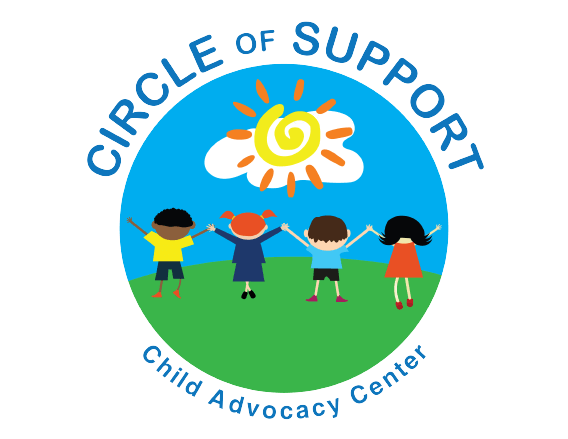FOR PARENTS
We know it’s an extremely difficult and emotional time for your child and your family. You are not alone, during this process, and our CAC is here to help you and your family.
After disclosing abuse, children react differently depending on age, extent of abuse, support from others and how they are related to the person suspected of abusing them. The single most important factor, affecting a child’s recovery, is the level of support from parents or caregivers.
If you do everything you can, to support your child, the chances of healing are greater.
Remember to:
Believe in your child.
It is hard to accept that someone may have blamed your child. Reassure your child that he or she is not to blame for what happened. Praise your child for being brave and for telling someone.
Support your child.
Your reaction will have a major effect on your child.
Stay calm.
When you learn that your child has been hurt, it can bring up a lot of emotions. If you appear upset of angry, this will make it more difficult for your child to talk about what happened.
How to support your child throughout this process:
Your child may ask questions or talk about the interview after you leave the center. Here are some things you can say that will help your child:
- I believe you.
- I know it’s not your fault.
- I’m glad I know about it.
- I’m sorry this happened to you.
- I’m not sure what will happen next.
- Nothing about you made this happen.
- I am upset, but not with you.
- I’m sad. You may see me cry. That’s alright. I will be able to take care of you.
- I’m not mad at you.
- You still can love someone but hate what he or she did to you
Be careful not to question your child about the interview or abuse. If you do, you can jeopardize the case in court against the person suspected of the abuse. Here are some things to keep in mind after you leave the center:
- If your child wants to talk about it, just listen. Do not probe.
- Try to return to a normal routine as soon as possible.
- Keep your child away from the person suspected of the abuse. This is to protect you, your child and the suspect.
- Avoid talking about the case with other victims or their families.
- Provide your child with an extra sense of physical security. Stay close, and assure your child you will keep him or her safe.
- Do not tell your child that it is all done when the interview is over. It is possible that your child will be interviewed again or asked to talk in court. The professionals involved in your child’s case can help you talk with your child about going to court if needed.
This can be a very difficult process for you and your child. Do not be afraid or embarrassed to ask for help. Please contact the CAC with questions or concerns at 814-254-4567.

